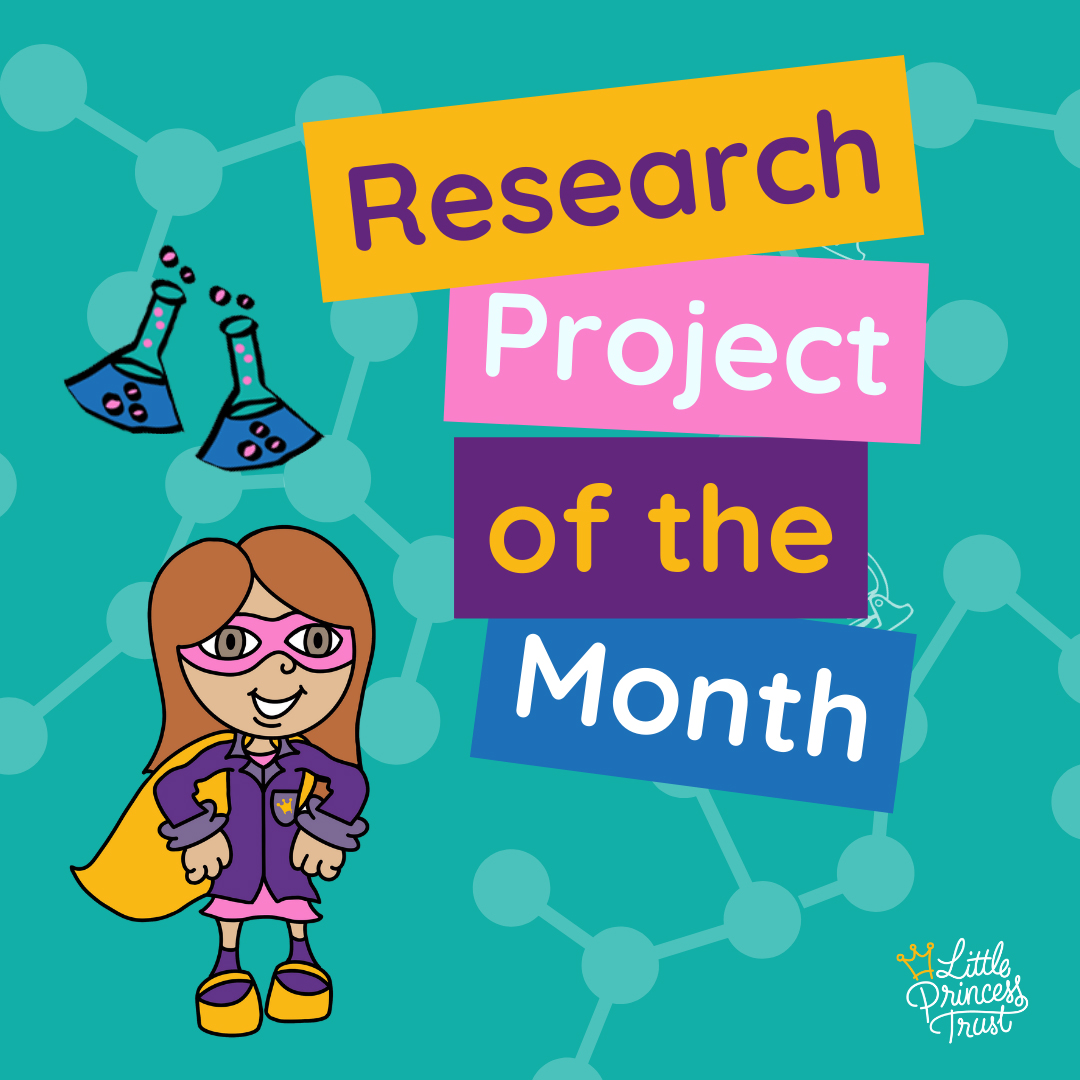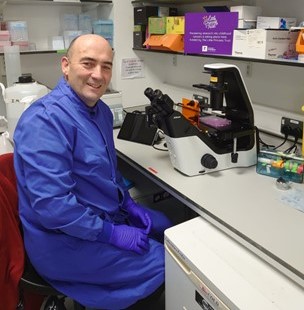Little Princess Trust News
Search for new medicines for hard-to-fight leukaemia cells

How our research funding is making a difference in the lab
Our bodies are made up of around 30 trillion cells, and they’re not all the same – experts estimate that there are about 200 types of human cells.
These cells look and behave differently in order to keep your body functioning. For example, nerve cells are very long and thin so they can send information around your body, and cone-shaped cells in your eyes absorb light to help you see.
When we talk about cancers such as acute myeloid leukaemia (AML), we tend to say ‘the leukaemia cells’. But, like in our bodies, there are different types of cancer cells. These have different roles and behaviours too, and so treatment sometimes doesn’t work on all of the cancer cells.
In leukaemia, special cells called leukaemic stem cells (LSCs) can churn out new cancer cells very quickly.
For several reasons, like their ability to resist treatment and hide in the bone marrow, LSCs can be especially difficult to kill. If too many of these cells survive chemotherapy, the cancer will grow back. However, giving children more chemotherapy can lead to life-long health problems.

Dr Alexander Thompson at the University of Nottingham is using Little Princess Trust funding to find new and kinder ways to fight AML. He has identified two ways to target LSCs, which he has shown could kill leukaemia cells in the lab.
However, it is a bit more complicated to find medicines that can achieve these goals in patients without being harmful to healthy cells.
With our funding, Alexander's team tested existing drugs to see which are best at using these two weaknesses to kill LSCs.
Using existing medicines that have already been shown to be safe for patients, could speed up the development of any new treatments.
Now only a few months away from finishing his project, Alexander has tested a number of medicines on AML cells in the lab. He has found an antibiotic called anisomycin which has been effective against multiple lab models of acute myeloid leukaemia.
Alexander’s team has already been funded by The Little Princess Trust to explore this exciting finding. In the new project, the researchers will look at how safe and effective anisomycin and other promising medicines are.
Alexander also plans to test the medicine in combination with existing leukaemia treatments. He hopes this will create a combination that can effectively fight all types of leukaemia cells - including the hard-to-kill LSCs.
Read more about this project here.



